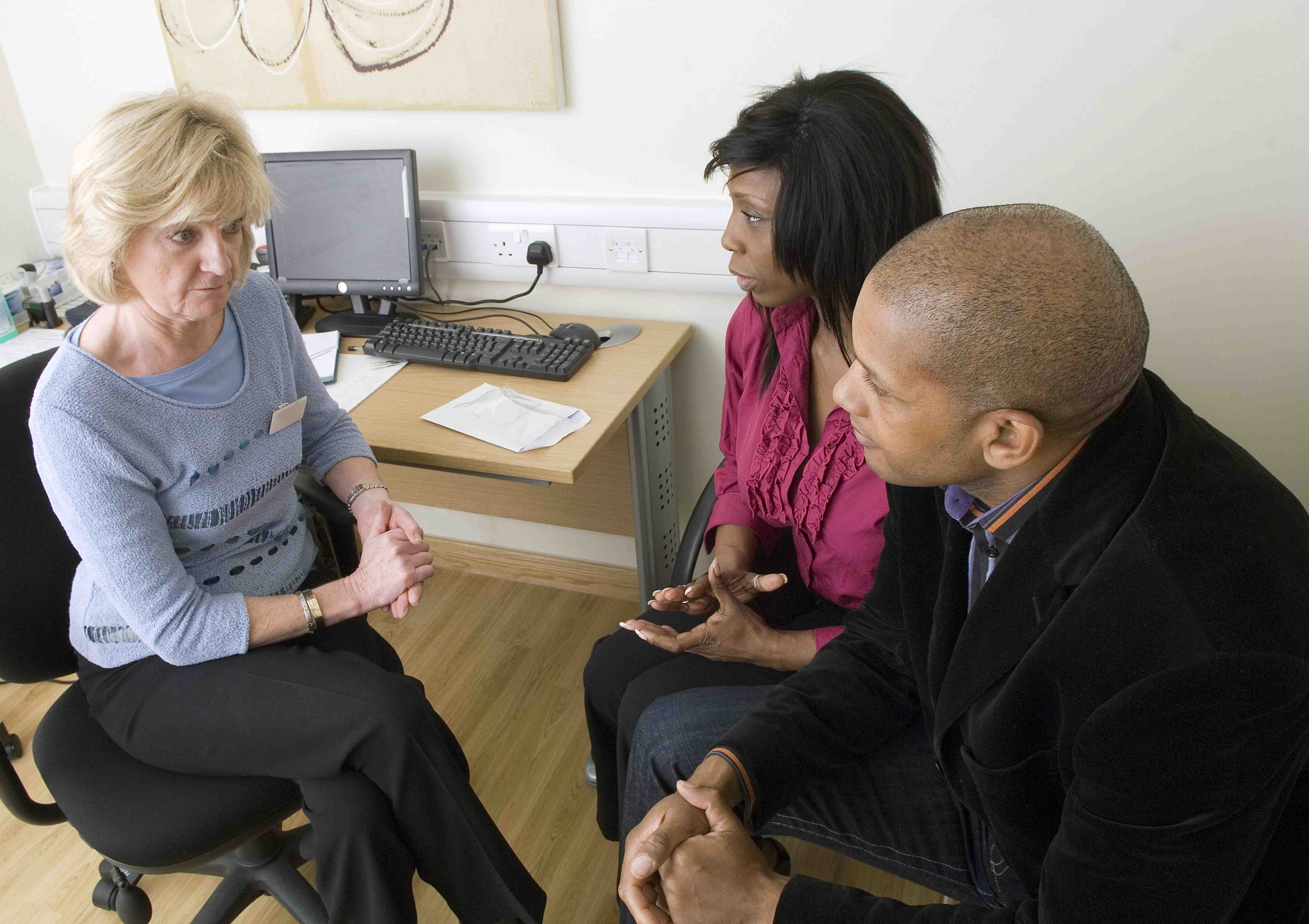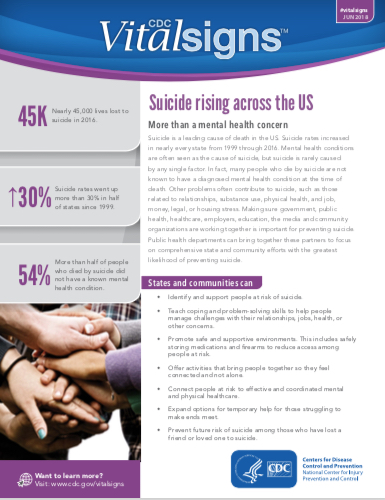
What is the goal of depression treatment? At a minimum, treatment should alleviate symptoms. Increasingly, however, people living with depression, their families, and their providers should expect more, that optimal care should result in both abatement of symptoms and recovery of function. That is to say, people with depression should be able to live their lives in a way that is symptom-free and allows them to participate in their chosen life activities and relationships.













Connect With Us